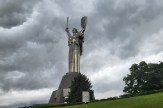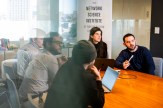‘I feel a lot of dread for these communities.’ Northeastern co-op students in Morocco find safety, recount earthquake experiences
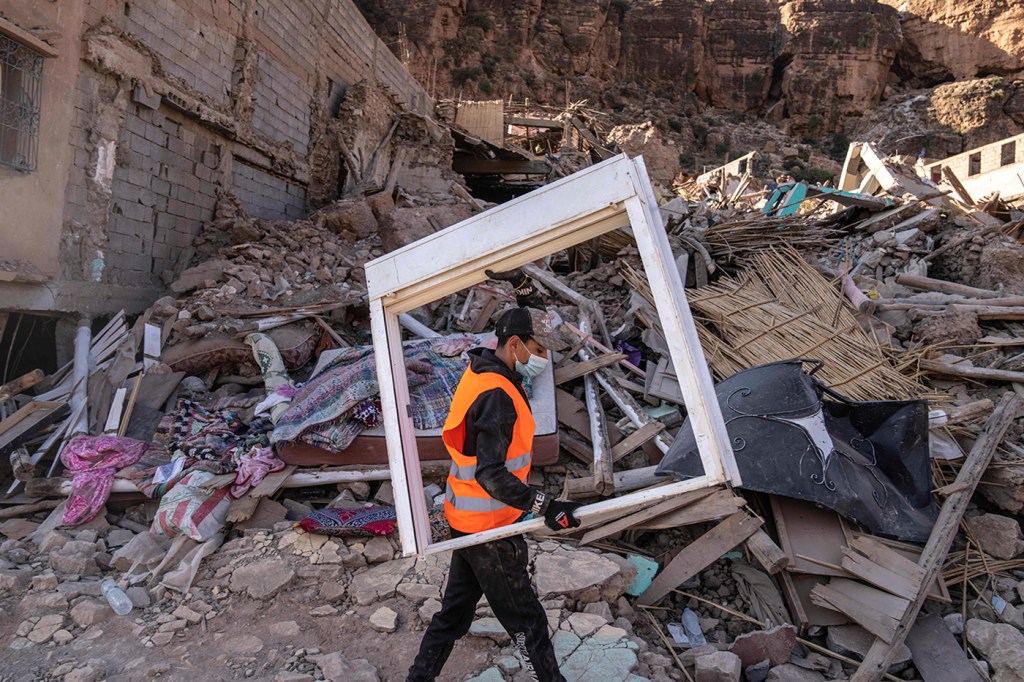
Chloe Cordeiro was sitting in her apartment in Gueliz, a neighborhood in the Moroccan city of Marrakesh, chatting with two of her friends on FaceTime when she began to feel the ground beneath her shake.
It started off slowly, but quickly built up until her whole apartment building began to violently sway. It lasted for about 15 to 30 seconds, and shortly after, Cordeiro began to hear her neighbors yell.
The Northeastern junior knew something big was happening, so she ended her chat with her friends and called her parents.

“I was just sitting under a doorway tearing up,” she says.
Minutes later, following the lead of her neighbors, she grabbed her keys, headed downstairs and out the building.
Cordeiro was one of hundreds of thousands of people impacted by a 6.8 magnitude earthquake that struck the High Atlas Mountains of western Morocco last Friday night. The quake was the strongest to hit in the country in more than a century.
The death toll has risen to nearly 3,000 as rescue crews continue to search the region for survivors, according to a report from CNN. More than 5,600 people are estimated to have been injured.
In total, the United Nations estimated that about 300,000 people across the region have been affected by the natural disaster, with the hardest-hit areas being the rural communities in the mountains, the Associated Press has reported. To make matters worse, a 3.9 magnitude aftershock hit the area on Sunday night as many residents slept in the streets.
Cordeiro, who is studying environmental and sustainability sciences and economics at Northeastern, is serving as a co-op at the High Atlas Foundation. She’s been in the country since July. In total, there were three Northeastern students doing co-ops at the foundation — Cordeiro, Jonas Feit and Aya El Majdoubi — all of them have been reported safe.
But I’m not in that situation, and I’m not really trying to run away from the situation. I definitely want to go back and help firsthand.
Jonas Feit, a Northeastern student and co-op at High Atlas Foundation
After the quake, the students received emails from Northeastern co-op coordinator Isabel Dimitruck, Northeastern international safety and security specialist JJ Cappa and associate director of global employer relations Aspa Papanastasiou. They were checking in on them to see how they were doing and if they needed anything.
“The university has definitely been supportive, and I’m sure if I needed to evacuate for some reason, they would have helped me in whatever way they could,” Feit says. “But I’m not in that situation, and I’m not really trying to run away from the situation. I definitely want to go back and help firsthand.”
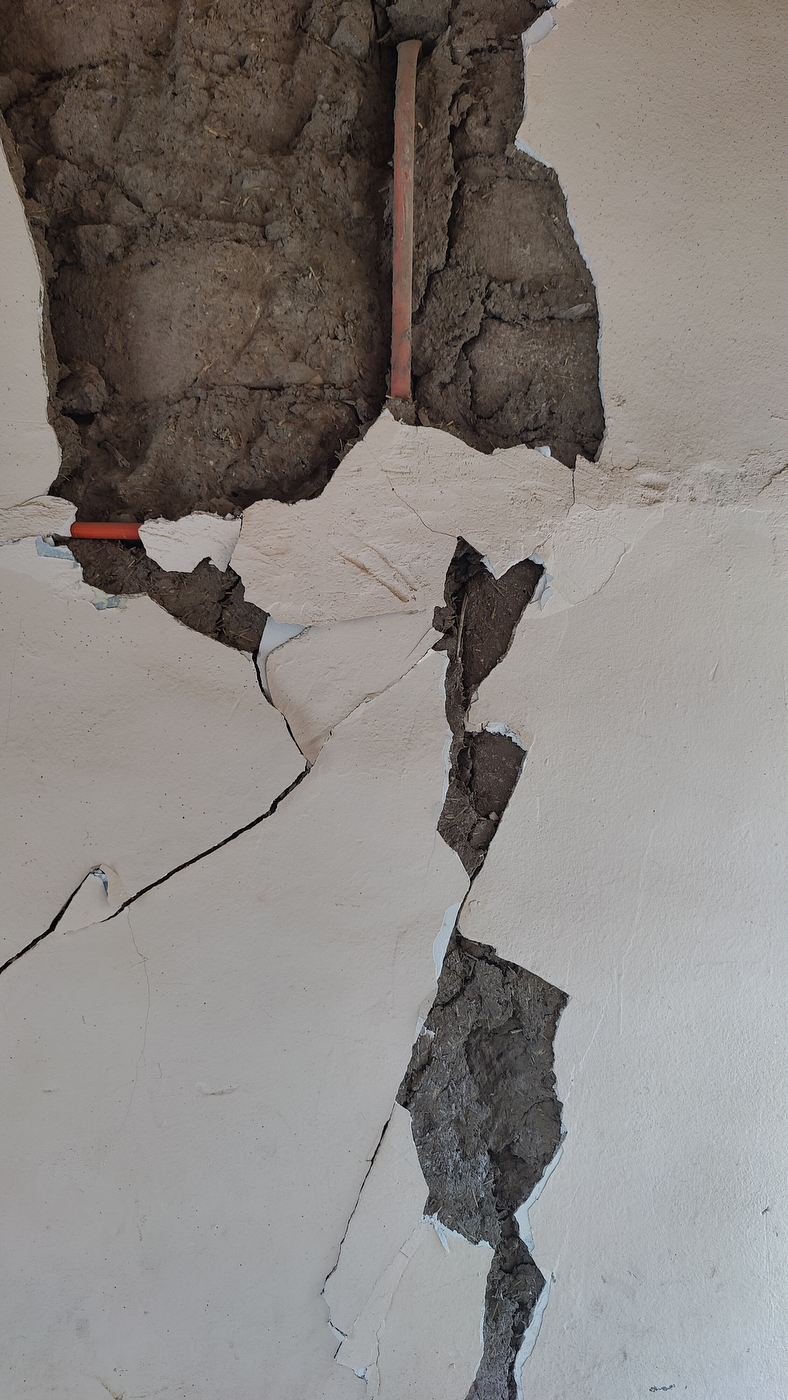
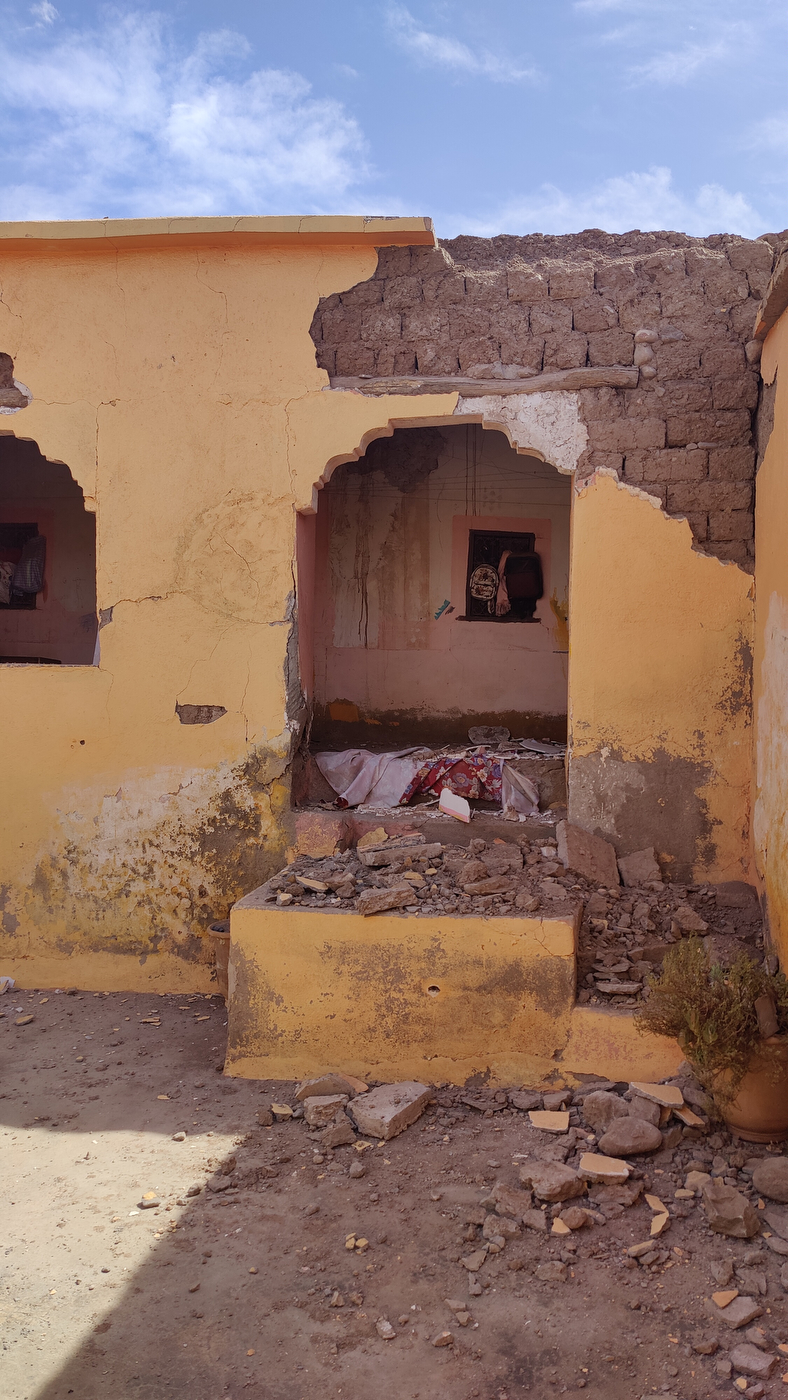
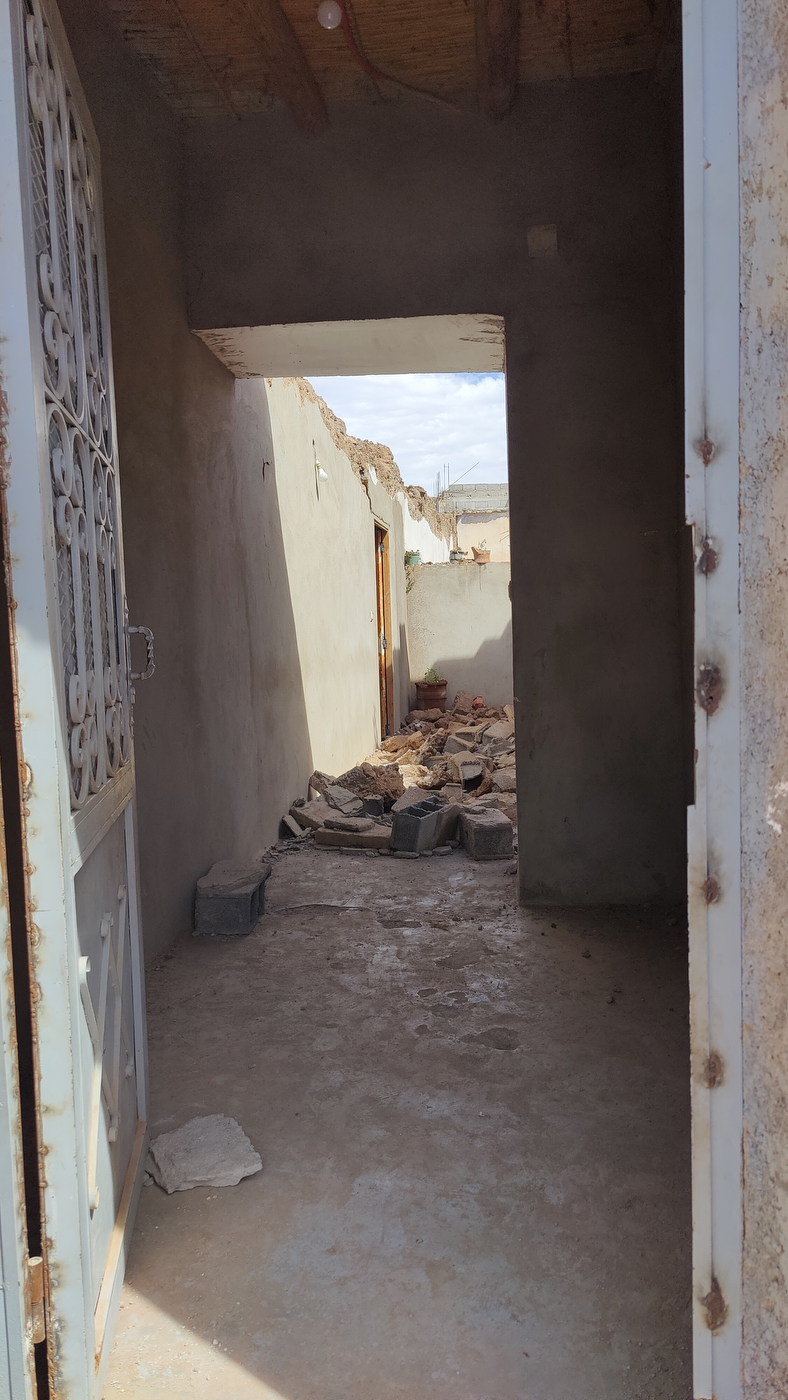
High Atlas Foundation was started by a group of former Peace Corps volunteers, and since 2003 the organization has planted over 5 million organic fruit trees in Africa and has built “drinking water systems for 10 schools and 25 villages,” according to its website. It is recognized globally, and since 2011 has had Consultancy Status at the United Nations Economic and Social Council.
Since the disaster, the organization has set up a donation page and has worked to distribute food and resources to the communities most affected by the earthquake.
Cordeiro’s apartment and the surrounding buildings were not greatly damaged by the earthquake. Cordeiro spent a few hours on Friday night outside her apartment building waiting to get back inside.
She headed back into her building around 1 a.m., about two hours after the earthquake hit the area. The following day, she went to Spain, as she already had a trip planned to visit the country with her sister.
Even though she is not in Morocco, she is assisting the foundation by helping them purchase items on Amazon using her phone.
She plans to head back to the country next week with her sister and continue working with the foundation.
“I have no idea what to expect,” she says. “I think most of the city is up and running, but obviously the mountains in the villages are not doing well right now.”
Feit was in Tangier when the earthquake hit, which is about 357 miles from Marrakesh, and well out of range of the quake. He was in Tangier checking out the sites with several other High Atlas Foundation interns.
“First, I feel incredibly lucky that no one I know was hurt, and I was out of range,” Feit says. “I’ve spent a lot of time in Morocco, and I’ve visited a lot of these communities in the High Atlas Mountains firsthand. I feel a lot of dread for these communities.”
He heard about the earthquake from WhatsApp messages he received from his roommates at his apartment in Aïn Mezouar, a neighborhood in Morocco. His apartment sustained some minor damage, he says.
“I called them to make sure they were all right and checked in on everyone,” he says. “Luckily in Marrakesh, from what I heard because I still haven’t been back there, is that there is some damage, but it seems the hardest-hit areas were the High Atlas Mountains. There’s some work to be done in Marrakesh of course, but I think in the High Atlas Mountains is where the priority lies right now.”
He is still in an Airbnb he rented out for the trip and has spent the past few days hunkered down on his laptop. He has been reaching out to folks to help provide donations the nonprofit is collecting to aid the victims of the earthquake. He plans to be back in Marrakesh by next week, he says.
Cesareo Contreras is a Northeastern Global News reporter. Email him at c.contreras@northeastern.edu. Follow him on Twitter @cesareo_r.

